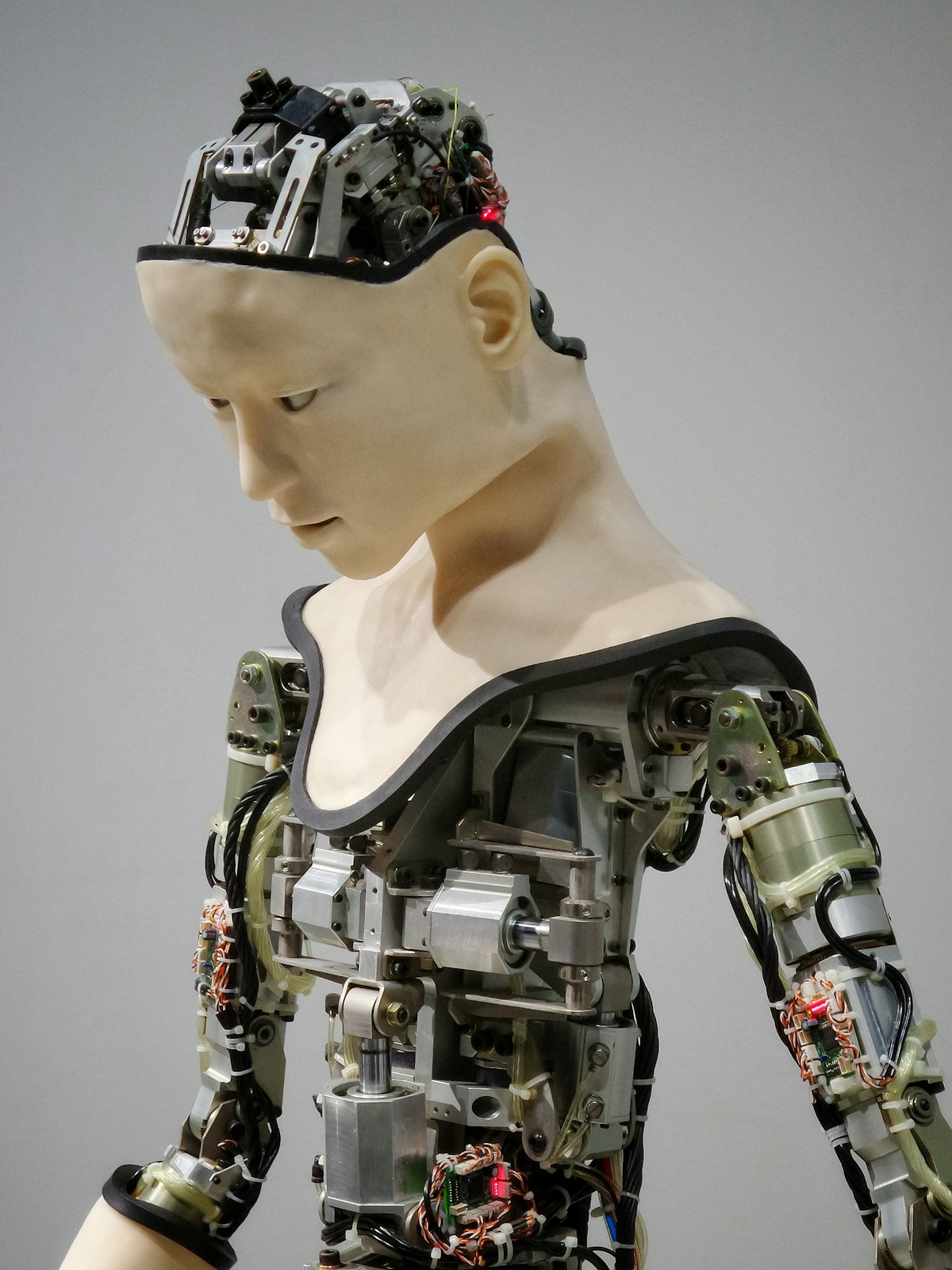
Hey there friends, let's chat about this recent call for a halt on AI experiments. Sure, we need to be careful and address concerns about accidents, misaligned incentives, geopolitics, and public input, but pumping the brakes on AI development would be a major mistake.
It's like driving a car - accidents can happen, but we don't stop driving altogether, we just work to improve safety measures. The same goes for AI - we need to prioritize safety research alongside AI advancements to create secure systems that we can all benefit from.
The debate over whether or not to halt large-scale AI experiments has been gaining momentum in recent times. However, it is essential to understand the importance of AI research and how that is different from the products that are released to the public.
AI research is not only about developing new products or services but also about exploring the potential of AI and its impact on society. AI research involves conducting experiments, testing new algorithms, and building new models to expand our understanding of AI and its capabilities.
Stopping AI research would be a foolish decision for several reasons. Firstly, AI has the potential to revolutionize many aspects of our lives, from healthcare to transportation, to education, to finance, and more. By developing more advanced AI technologies, we can improve efficiency, reduce costs, and enhance productivity in various industries.
Secondly, AI can help us tackle some of the world's most pressing challenges, such as climate change, poverty, disease, and inequality. For instance, AI can be used to develop more effective and targeted solutions for environmental protection, disease prevention, and disaster response.
Thirdly, AI research can contribute to scientific progress and enhance our understanding of the natural world. By creating more advanced AI models, we can simulate complex phenomena and test hypotheses in ways that were previously impossible.
Moreover, AI research is not always about building new products but also about understanding the risks and challenges associated with AI. By conducting AI experiments in a controlled environment, researchers can identify potential safety hazards, ethical issues, and other challenges that may arise when AI is deployed in the real world.
The letter warns of potential harm resulting from AI experiments. True, accidents can happen, but halting progress will only slow the development of safety measures. We must prioritize safety research alongside AI advancements to create systems that are both powerful and secure.
The authors argue that competition may lead to shortcuts in safety. While this concern is valid, it is essential to recognize the collaborative spirit in the AI community. Open communication and partnerships should be encouraged to maintain safety standards while pushing the boundaries of AI development.
The letter points out that AI could heighten geopolitical tensions. AI certainly disrupts power dynamics, but it also holds the potential to tackle global issues like climate change, healthcare, and resource management. International cooperation and ethical guidelines are the answer, not halting progress. By fostering global partnerships, we can harness the power of AI for the greater good.
The authors call for public involvement before proceeding with large-scale AI experiments. Public input is important, but it need not hinder AI development. Researchers should integrate diverse perspectives into the development process, ensuring the public's voice is heard without stopping progress.
Pausing AI research for six months could allow countries like China and North Korea to surpass the US, putting national security at risk. The US must stay ahead in AI development to protect its interests and maintain a strategic advantage. Stopping progress only benefits countries with fewer ethical constraints, leading to potentially greater threats.
While it is essential to address concerns about accidents, misaligned incentives, geopolitics, and public input, halting AI research would be a mistake. AI research has the potential to transform our lives, solve some of the world's most significant challenges, contribute to scientific progress, and keep countries competitive.